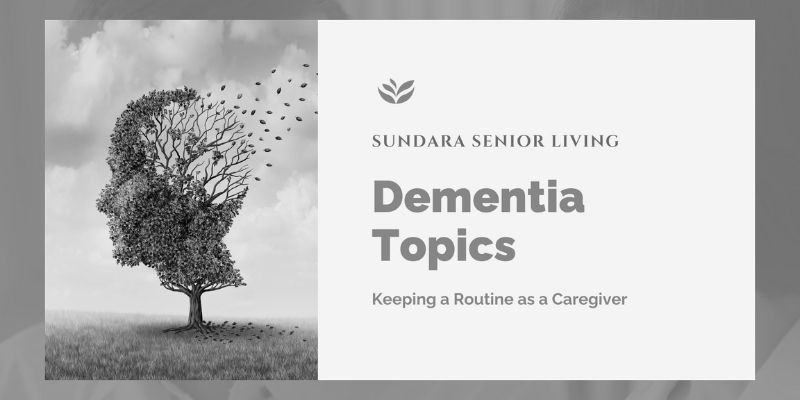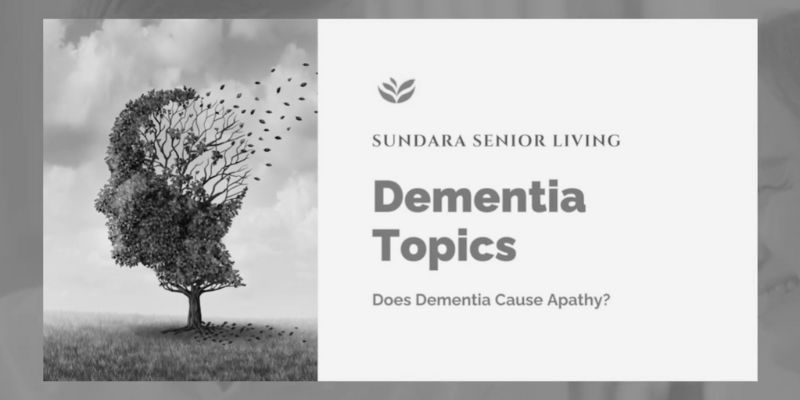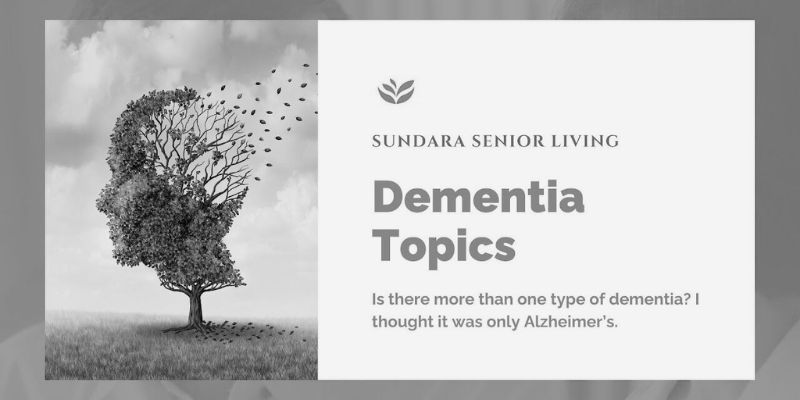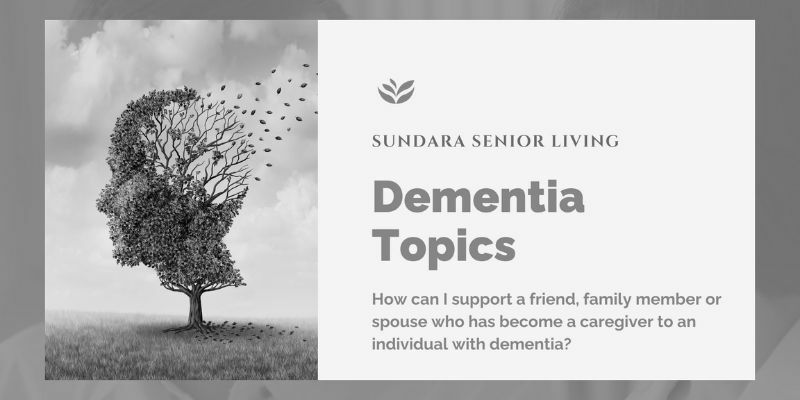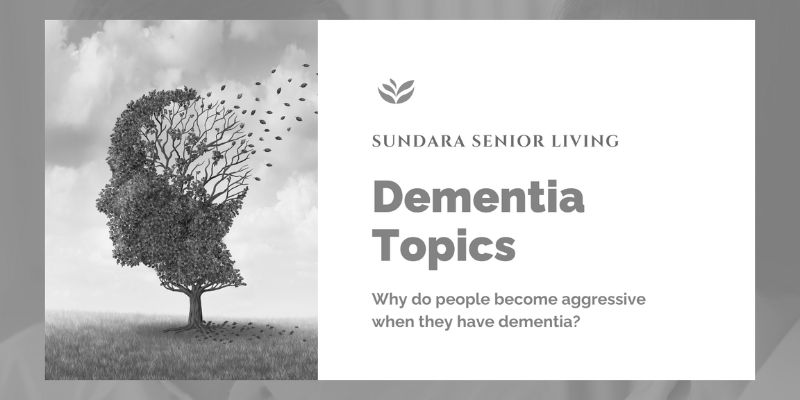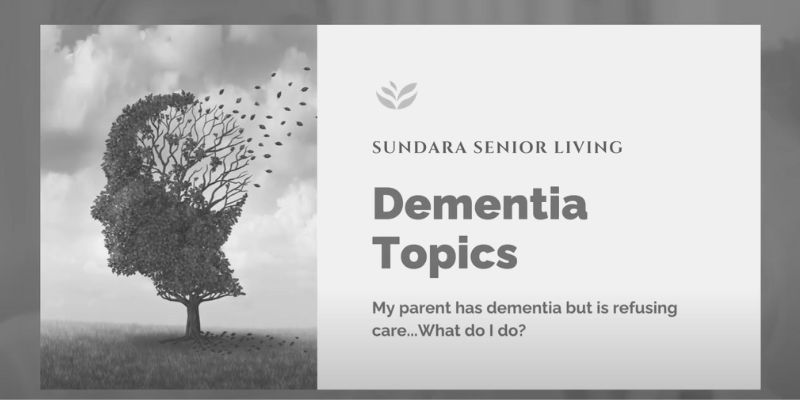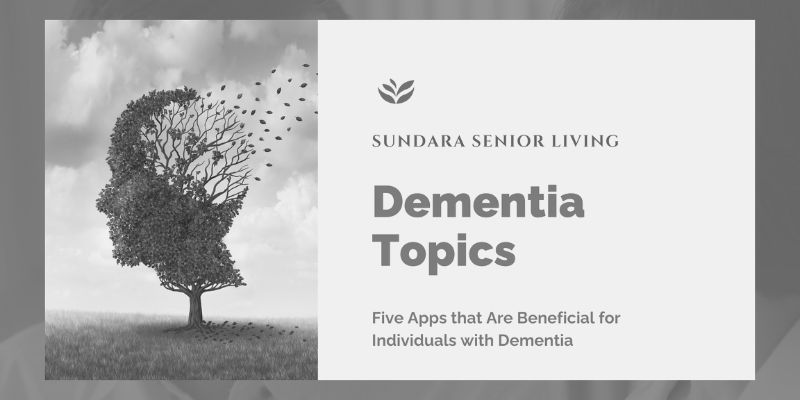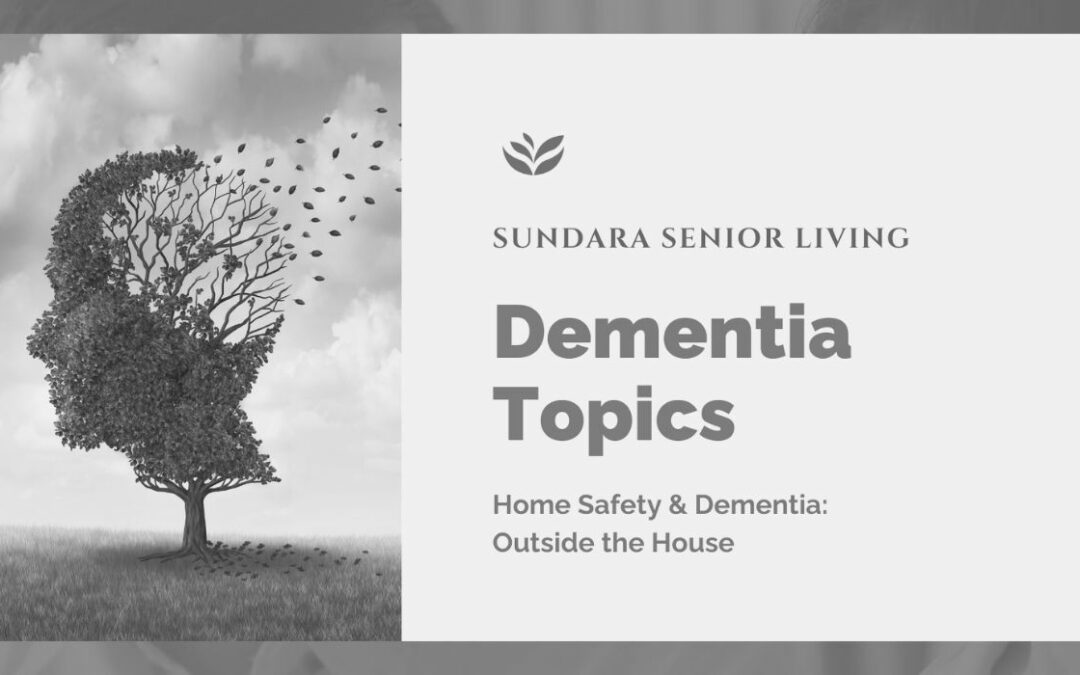One of the simplest yet most important things to remember in dementia caregiving is that routine is critical. When their day is unstructured, it can feel unpredictable and therefore unsafe for someone with dementia. Routine can provide this needed structure, for both the individual with dementia and the caregiver.
